Arghandeh is a tiny village located in the Paghman district. Every house is fortified and there might only be a few hundred residents. At one point, a river flowed through the town. My family owned much of the property in front of the river, but it has since dried up and some of my relatives have sold off the land. The new owners are engaged in some kind of land reclamation environmental degradation project, digging up gravel and leaving giant gaping holes all around town. One of my relatives has filed a complaint with local authorities and thus the digging has temporarily stopped. Here are a few shots of the mountains of gravel around town.
- Introduction
- Admiral’s Club Charles De Gaulle Airport, Paris
- British Airways Business Class Lounge Heathrow Airport
- British Airways Business Class London – Dubai
- Safi Airways Dubai – Kabul
- Kabul, Afghanistan
- Arghandeh, Afghanistan
- Northern Afghanistan
- Kabul Airport
- Hyatt Regency Dubai
- Al Dawwar Restaurant
- Warlords at Dubai Airport
- Qatar Airways Dubai – Istanbul
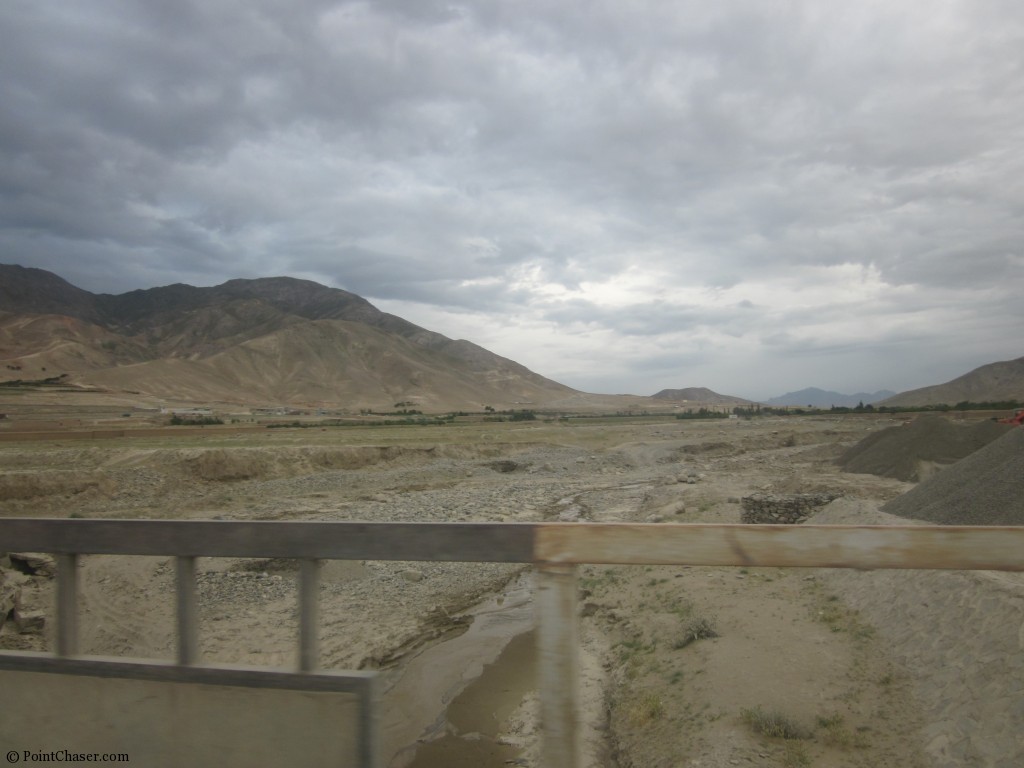
While the road to Arghandeh is mostly smooth, the road through the actual village is unpaved and makes for a bumpy ride.
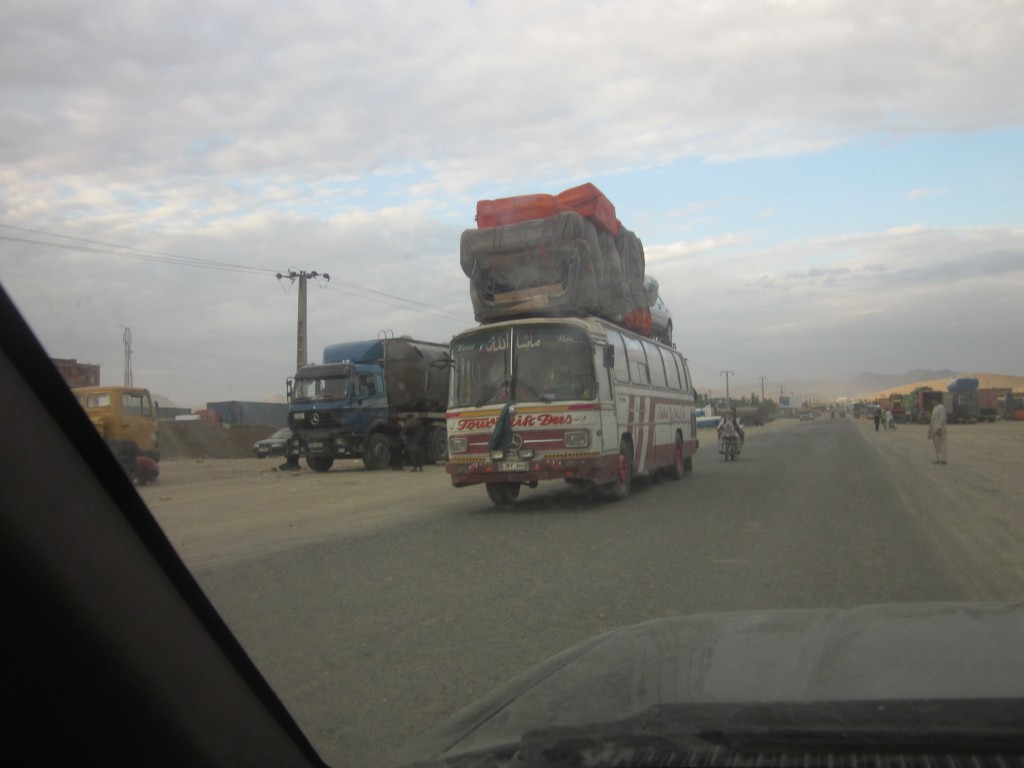
Before we drove to the village, my aunt had insisted I wear a large prayer shawl, as Arghandeh was a much more conservative community than Kabul. During our drive through town, my mom instructed us to cover our faces anytime we passed local villagers. When we arrived in Arghandeh, my cousin’s 16 year-old daughter asked, somewhat perplexed, why my sister and I were wearing prayer shawls. I told her my aunt had warned us that wearing a regular scarf would be inappropriate. She and her sister found this amusing, even claiming the locals might laugh at us if they saw us wearing such huge shawls. I guess everyone else had overreacted and Arghandeh was a bit more relaxed than we thought.
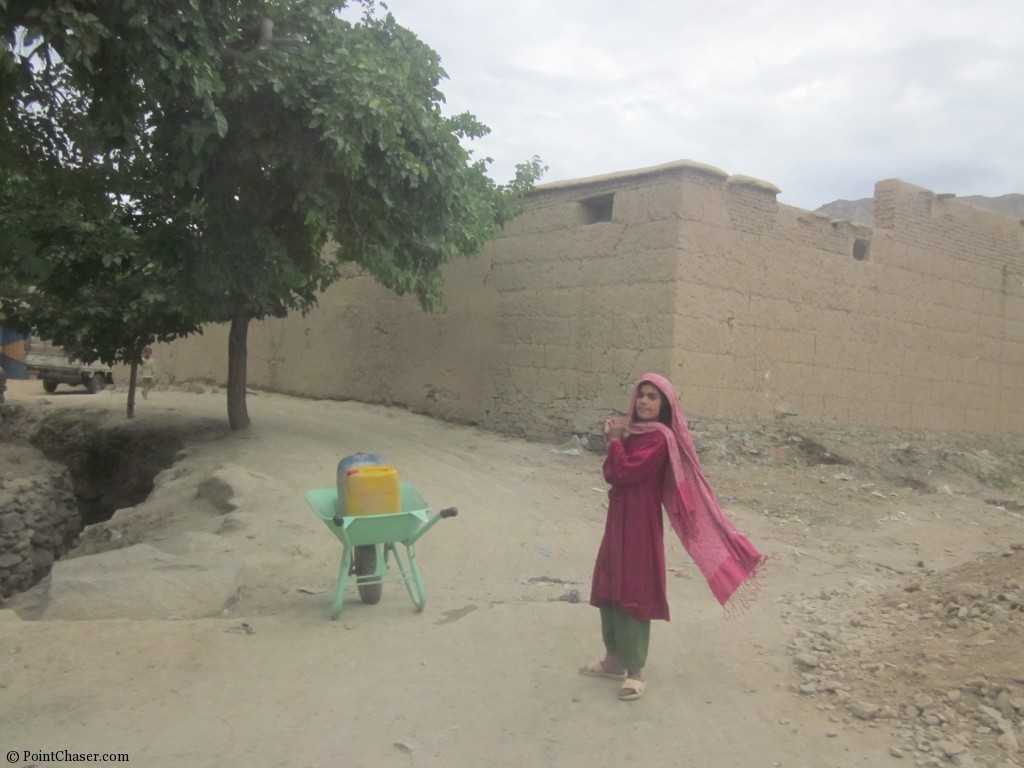
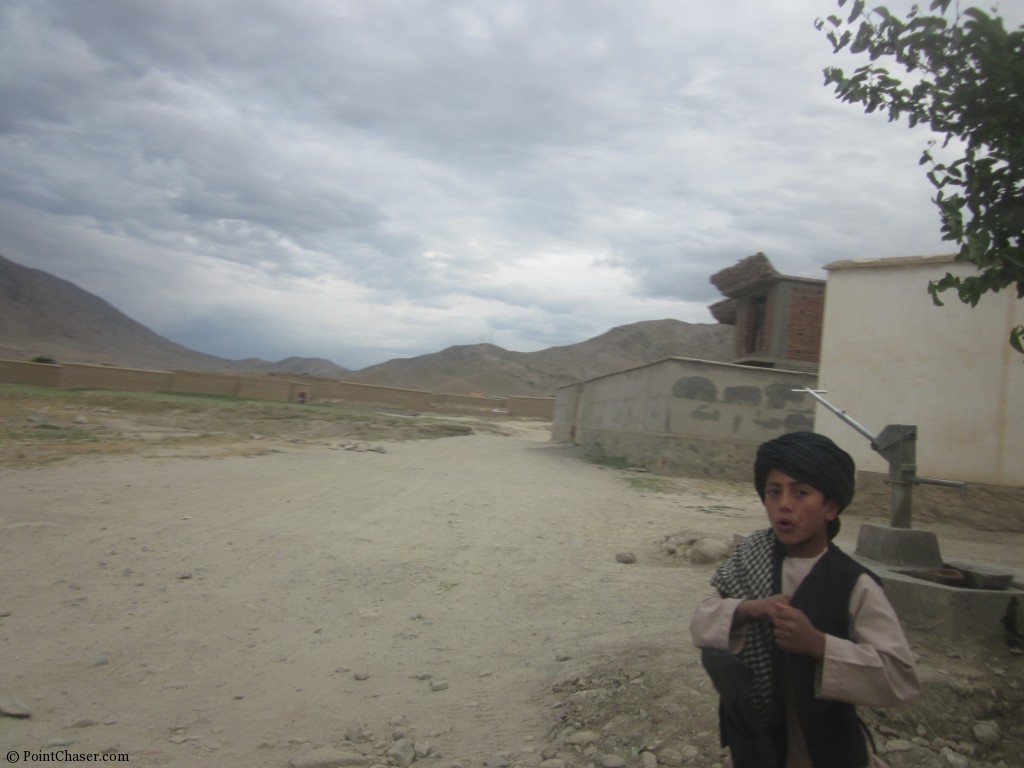
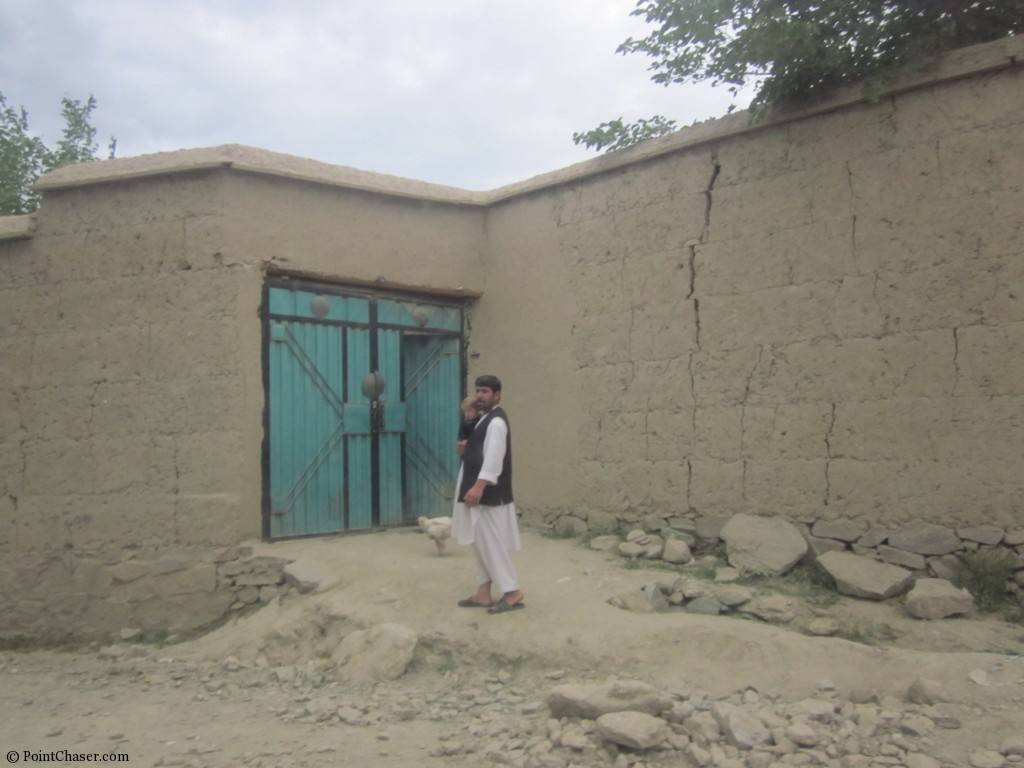
During my last trip, I was disappointed not to get a chance to explore the ruins of the 150 year-old fortress that my great-great-grandfather had built. This time, my dad gave us a tour and described what the place looked like before it fell apart. A distant relative lives in the only surviving wing of the building, but he was out and the door was locked, so we couldn’t go inside. I would have loved to go up to the balcony, which not only boasts impressive views of the beautiful scenery, but the attached room features a fireplace and a bathroom lined with the original tiles.
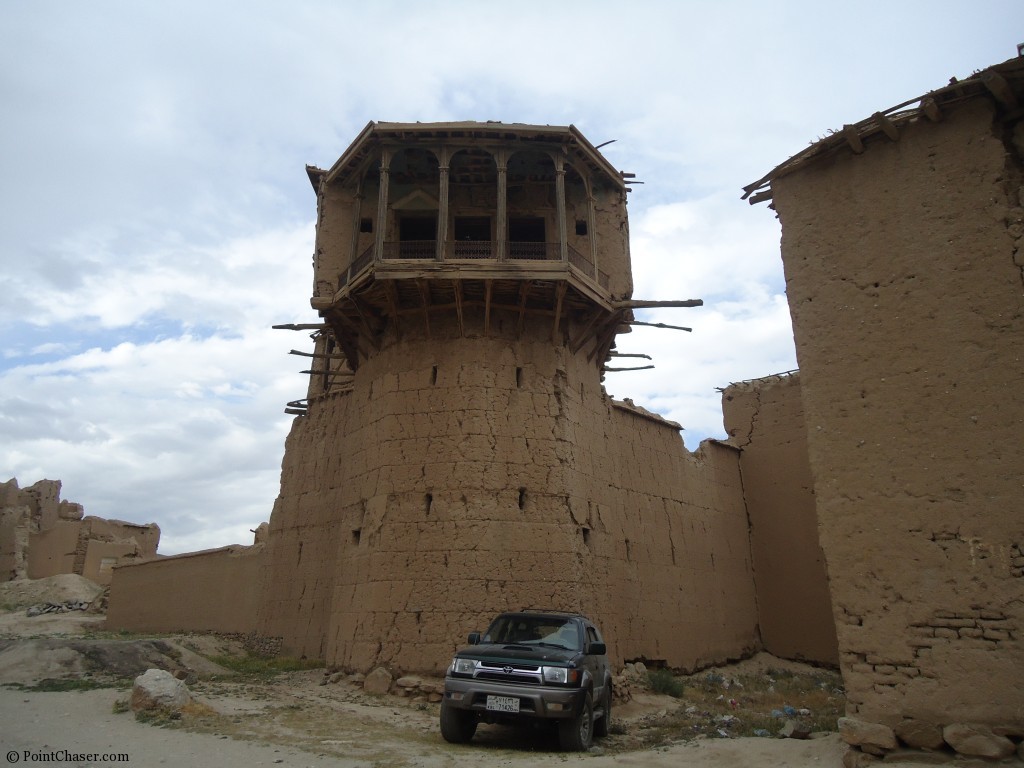
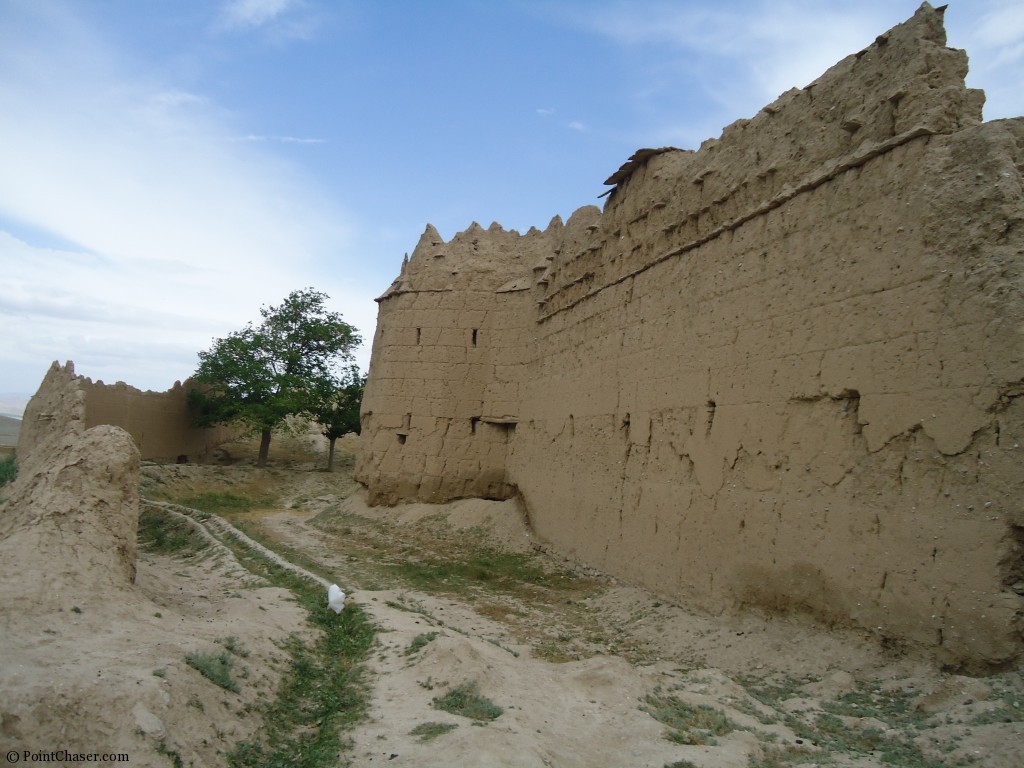
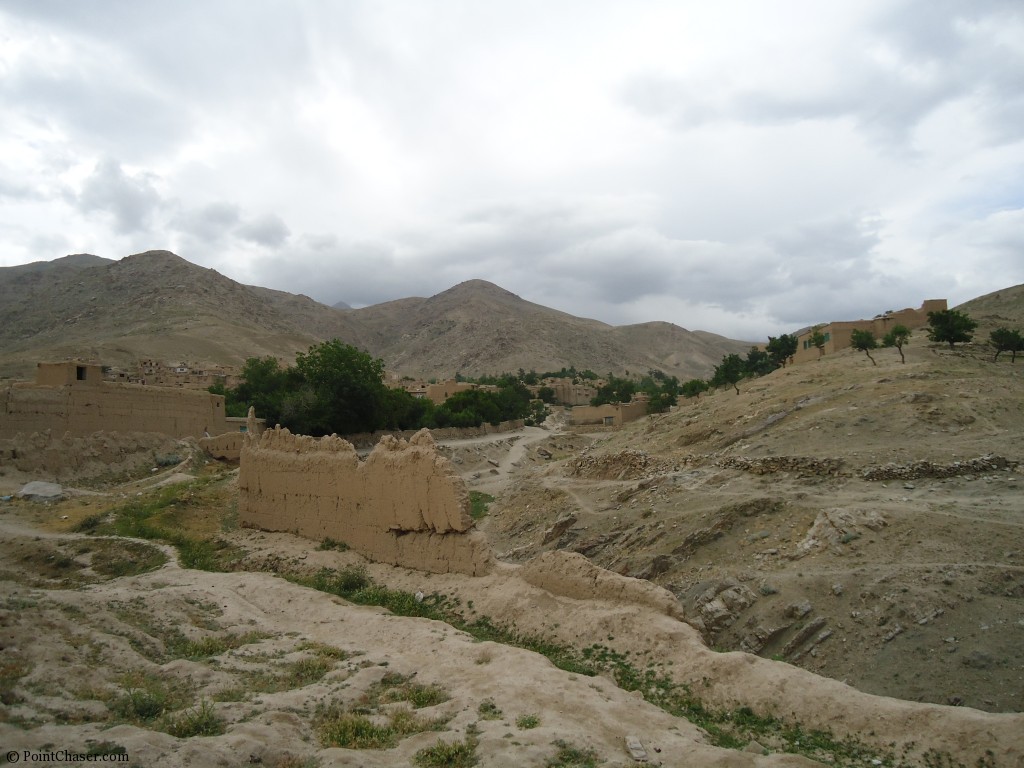
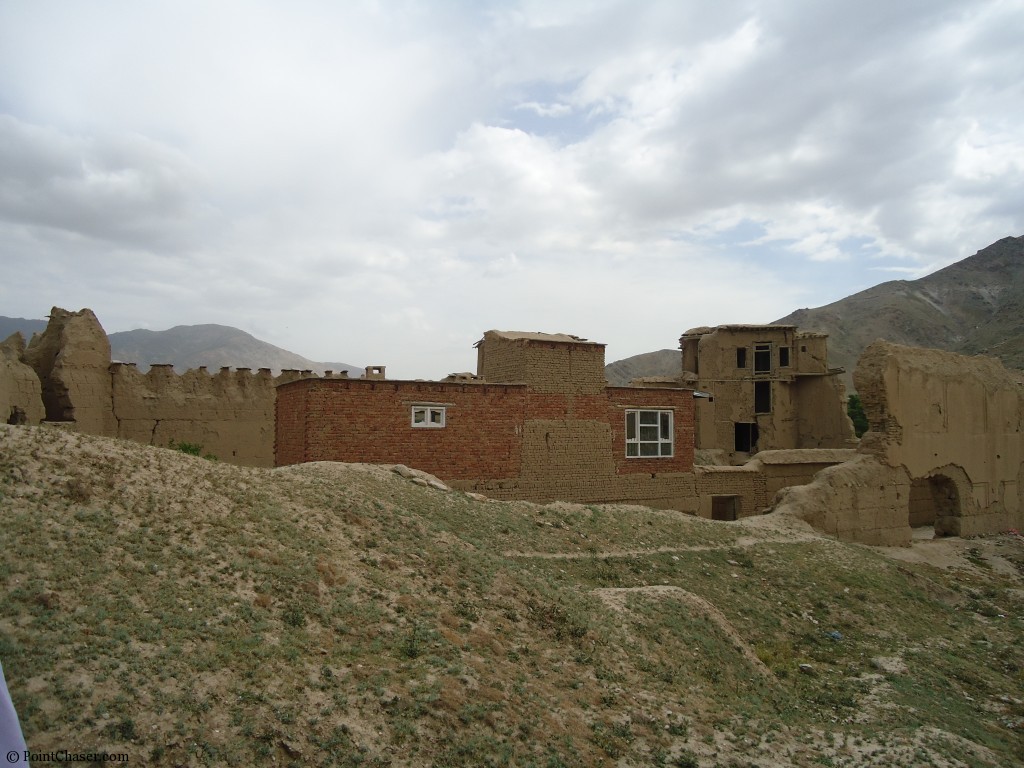
We did get to spend the day in an attached building, where my dad’s cousin lives. He took us up to the roof, where we got to take in the scenery:
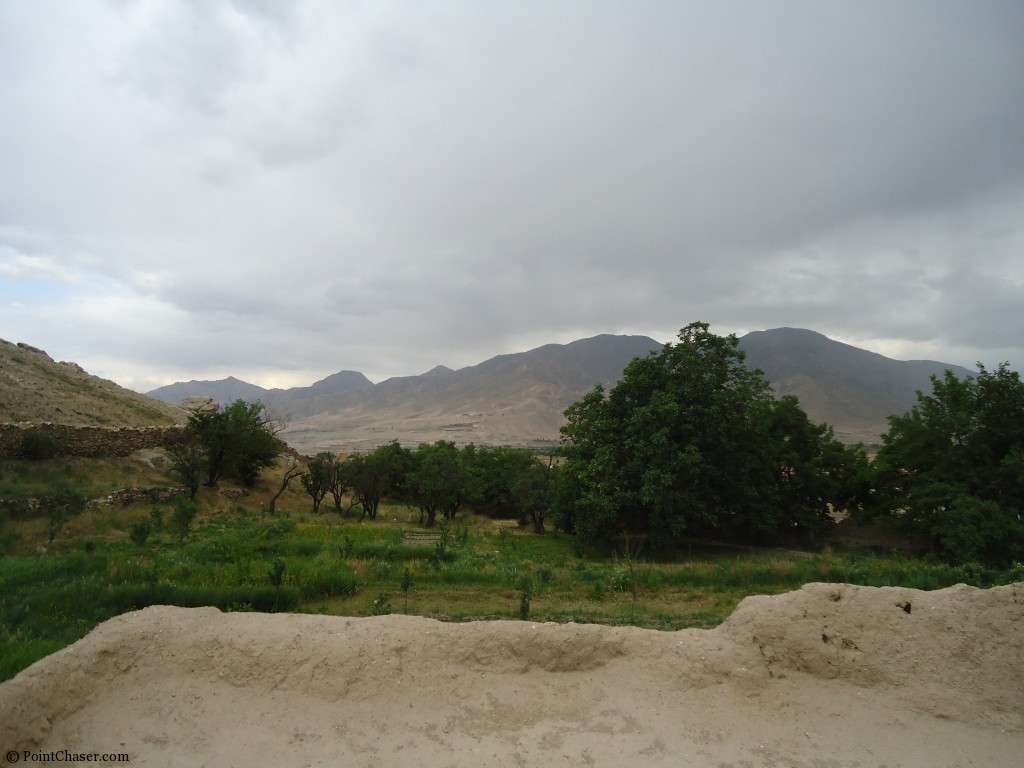
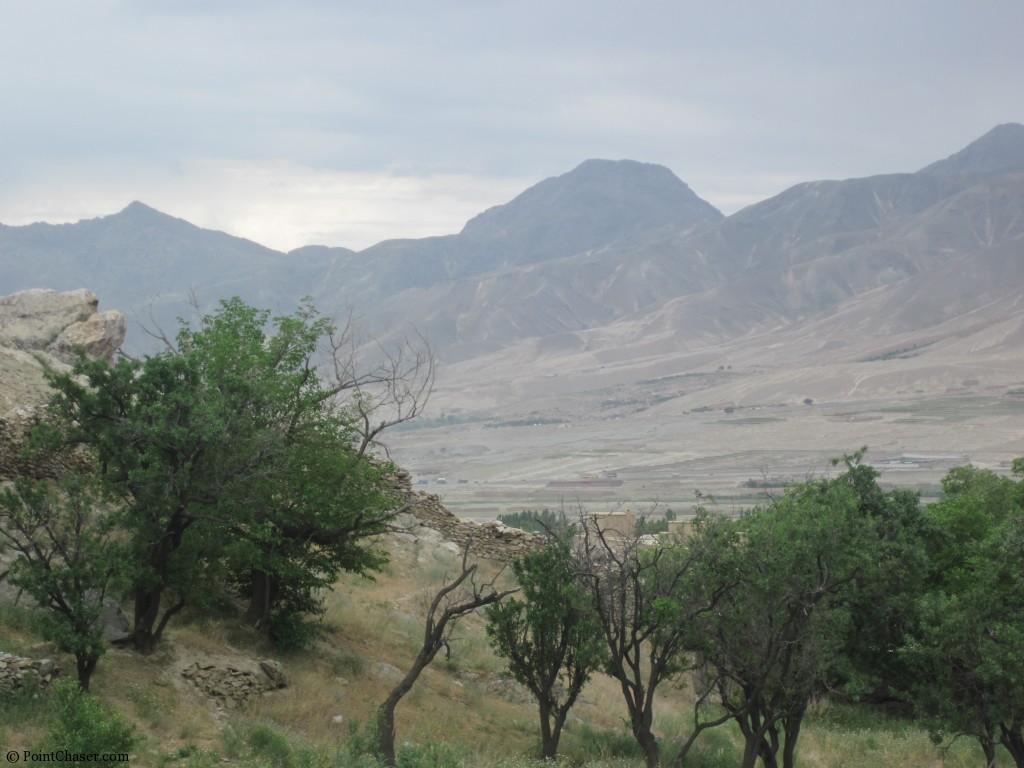
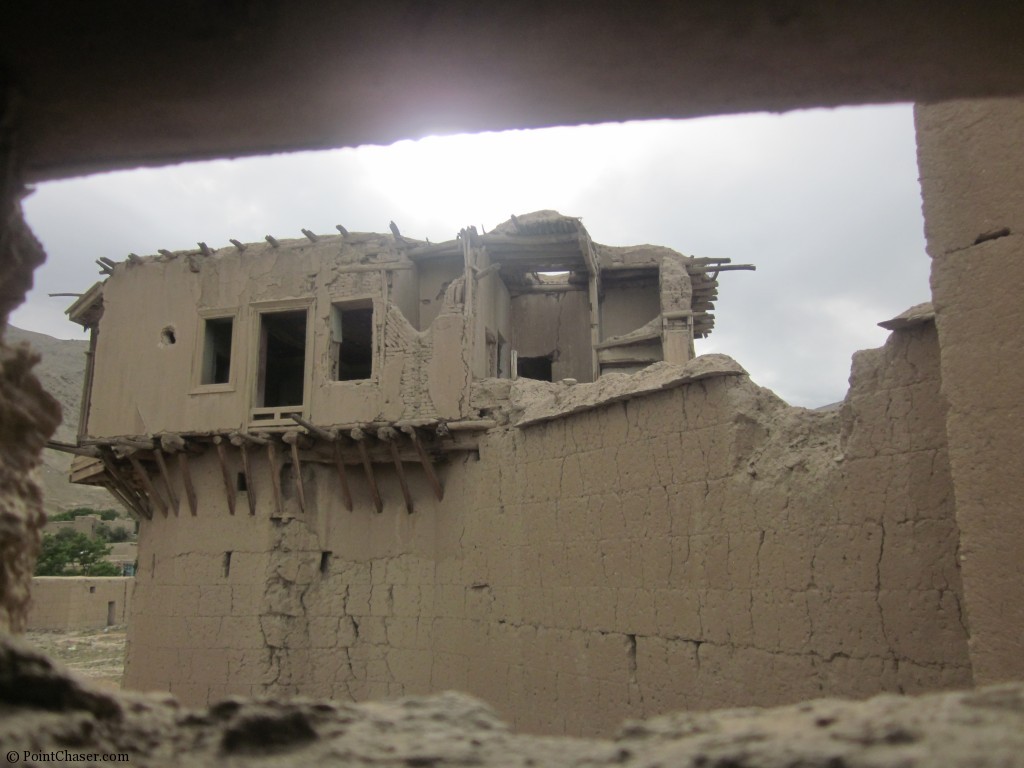
During my tour, I came across this thing:
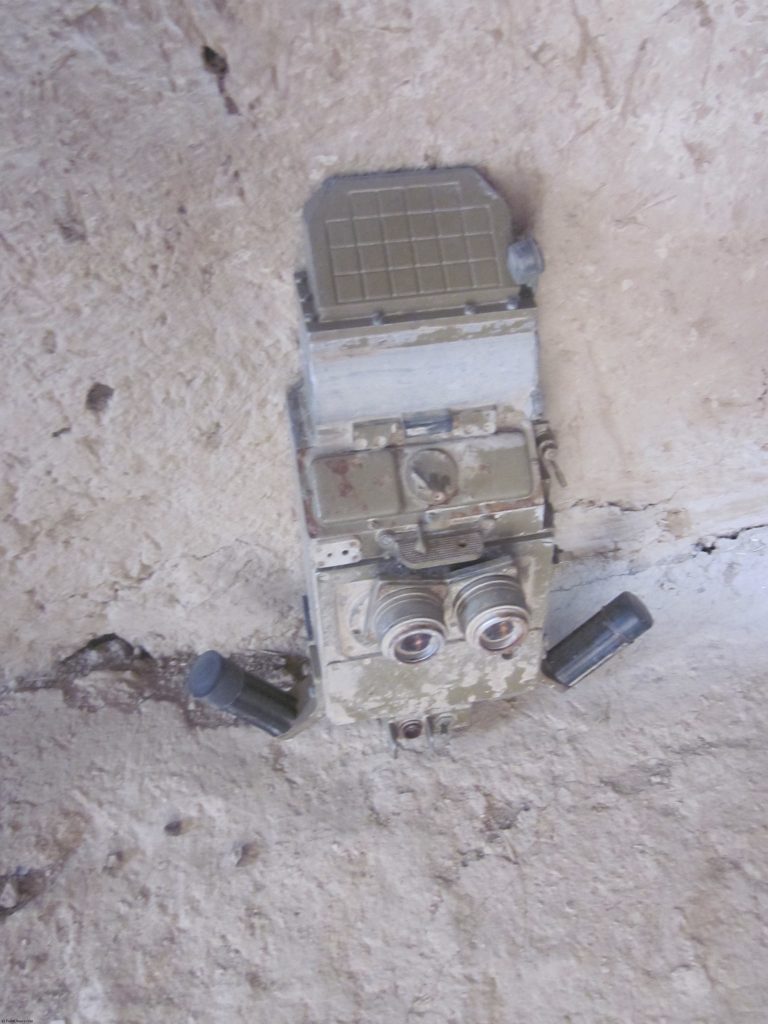
They’re binoculars from a Soviet tank that my cousin, who was a commander during the war, and his men destroyed. He had two more of these and kept them as souvenirs. For a guy who has engaged in combat with one of the most powerful armies in the world, he was pretty nonchalant about it.
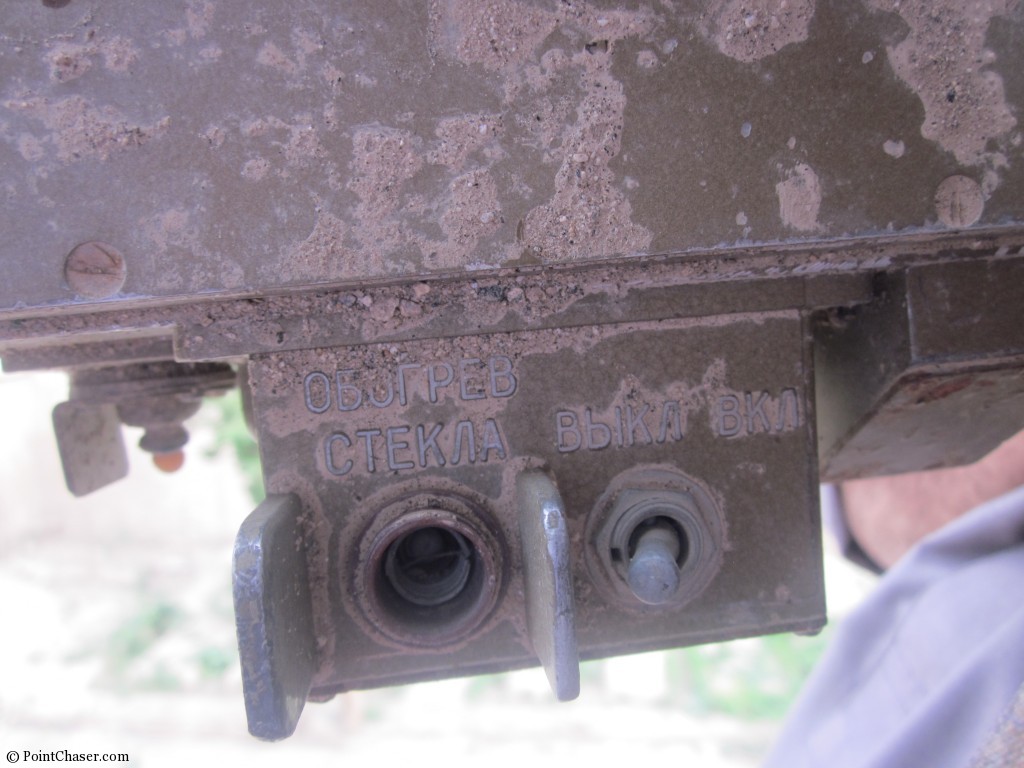
Some of the commanders have gone on to prominent positions within the government. My cousin, however, lives a humble life dedicated to meeting the needs of the village and ensuring the less fortunate are taken care of.
He told us a heart-breaking story of two young boys who had come to his home, reluctantly asking for food because the family hadn’t eaten in several days. Hearing about poverty from a distance is one thing, but being so close to it was unnerving. Several widows appeared after hearing about our visit. Although it’s customary in Afghan culture to visit guests (even if they are strangers), I knew the reason some of these women came was because they needed financial assistance.
Every year, one of my cousins in the U.S. makes a large financial contribution to the village. He buys large quantities of oil, rice, flour, and one of his workers is charged with distributing it to the villagers. One woman informed me that the worker kept most of the supplies for himself and that her family did not receive anything the previous year. When we got back, I informed my cousin about this and he assured me that he would look into it. He passed the message along to me that he had reprimanded the man and seen to it that the woman received extra provisions during the most recent distribution.
A few years ago a Japanese aid group built an all-boys school in the village. It’s not enough to accommodate all the students, so my cousin created a make-shift school in his yard. His 16 year-old daughter teaches boys and girls subjects she herself learns in school. At the end of our visit, the kids were begging her for homework and were disappointed when she didn’t have any for them. All of these kids were very bright and I’d love to see them get the opportunity to finish school and go to college one day. It’s sad how something as basic as an elementary school education is a luxury in some parts of the world.
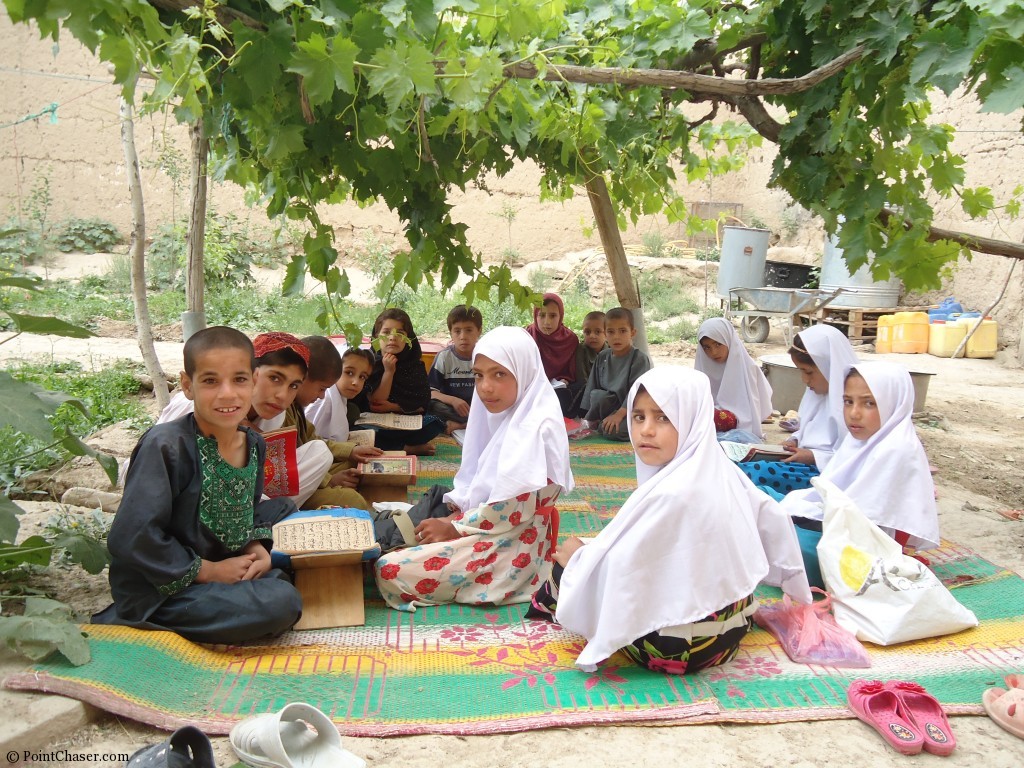
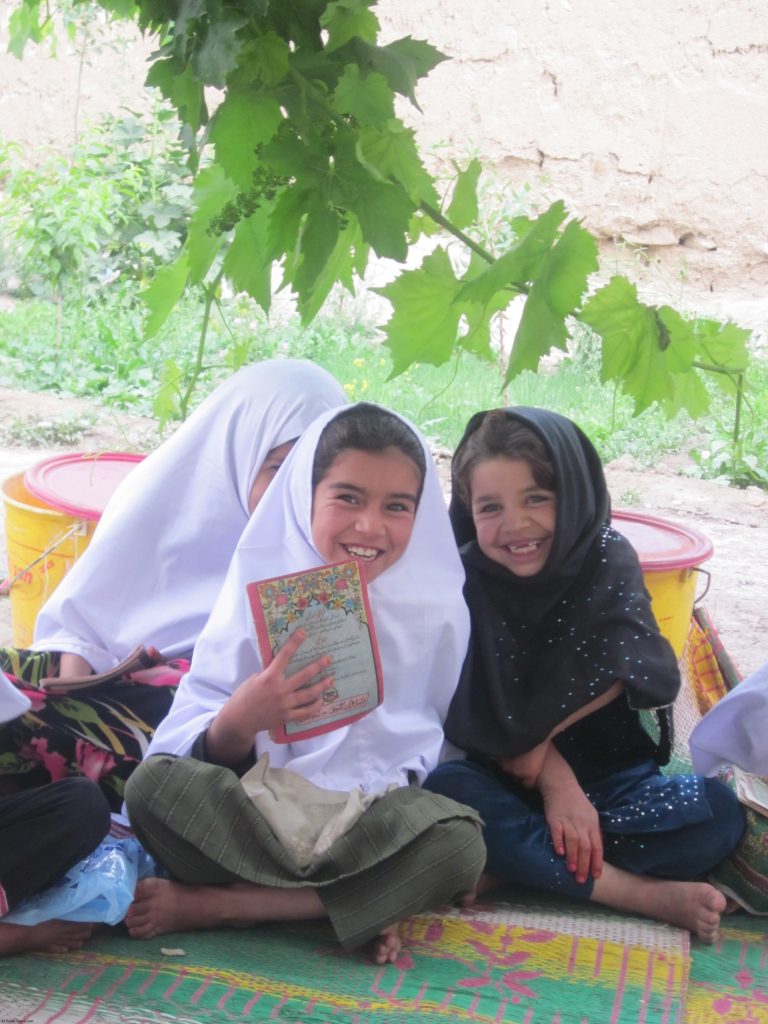
A few local women came to see us during our visit. They all expressed their frustration that only one school had been built and that it only accommodated boys. All of the women insisted they would allow their daughters to go to school if the village built one for them. Looking around my cousin’s yard at all the little girls that had come to learn, I realized much of what I’d assumed about the village was wrong. The girls’ inability to attend an actual school had to do with a lack of resources more than gender discrimination. There were plenty of boys in the group, whom the school couldn’t accommodate either.
My cousin’s daughters both went to school in Kabul, taking a bus to get there every morning. Because the 30-minute commute can be unsafe for young girls, both wear burqas for the journey.
My sister had her iPad with her and while I assumed my cousin’s daughter wouldn’t know what that was, she was surprisingly savvy and began browsing through the photo albums and checking out different apps. When she asked me how much one of these things costs, I was embarrassed to tell her. It sounded incredibly shallow to say, “We spent about 5 months of the average family’s salary on this plaything for my 15-year-old sister.”
She told me when she finishes high school, she’d like to study medicine and become a doctor. Her determination and the lengths to which she went (literally) to obtain an education was really admirable.
I thought back to how I took my education for granted in high school. Every morning, my mom would drive me to school, where I had access to 6 hours of instruction, teachers to help me learn, and other resources that my cousin’s daughters lacked in abundance. Yet, I complained and slacked off for the better part of 4 years. I really admired her for all the trouble she went through to ensure she had a bright future ahead of her, and even more so that she took the time to ensure the other kids in the village had one as well.
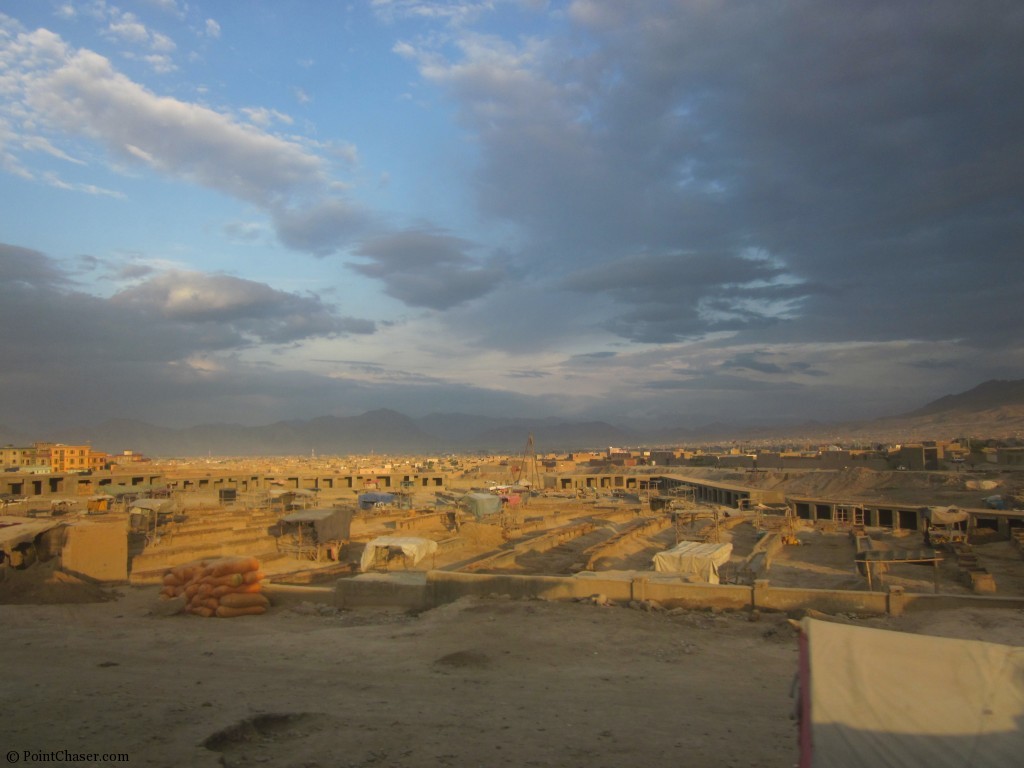
While Arghandeh is close to Kabul, it lacks any kind of industry of its own and has some very poor families among its residents. One of my cousins in the US runs a non-profit that finds sponsors for needy families. During our visit, we watched a video of these families receiving their aid money and thanking their sponsors. One clip showed a 17-year-old widow whose 19-year-old husband was crushed by rocks while working in the nearby mountains. She was three months pregnant and now had a baby boy and her two young orphaned sister-in-laws to raise. Some Afghan women find it dishonorable to remarry after their husbands pass away. For women like this, it becomes even more of a challenge to raise a family without a man’s support.
Another clip showed a family of dwarfs (I hope I’m using the respectful terminology) that my immediate family is sponsoring. Despite being blind, the father has memorized the Quran and makes a living teaching it to local children. I’m all for teaching a man to fish, and in this instance they were doing their best and still not getting by. I was glad my mom chose to sponsor this family.
This visit to Arghandeh was enlightening and made me feel much more connected to my roots. In this hobby, it’s easy to lose sight of what’s important. This trip made me realize the importance of not only traveling for the sake of enriching one’s own life, but that of others as well. Wherever you go, consider not only indulging in the luxury of your hotel, but also getting to know the locals, understanding their way of life, and doing something to make their lives a little bit better.
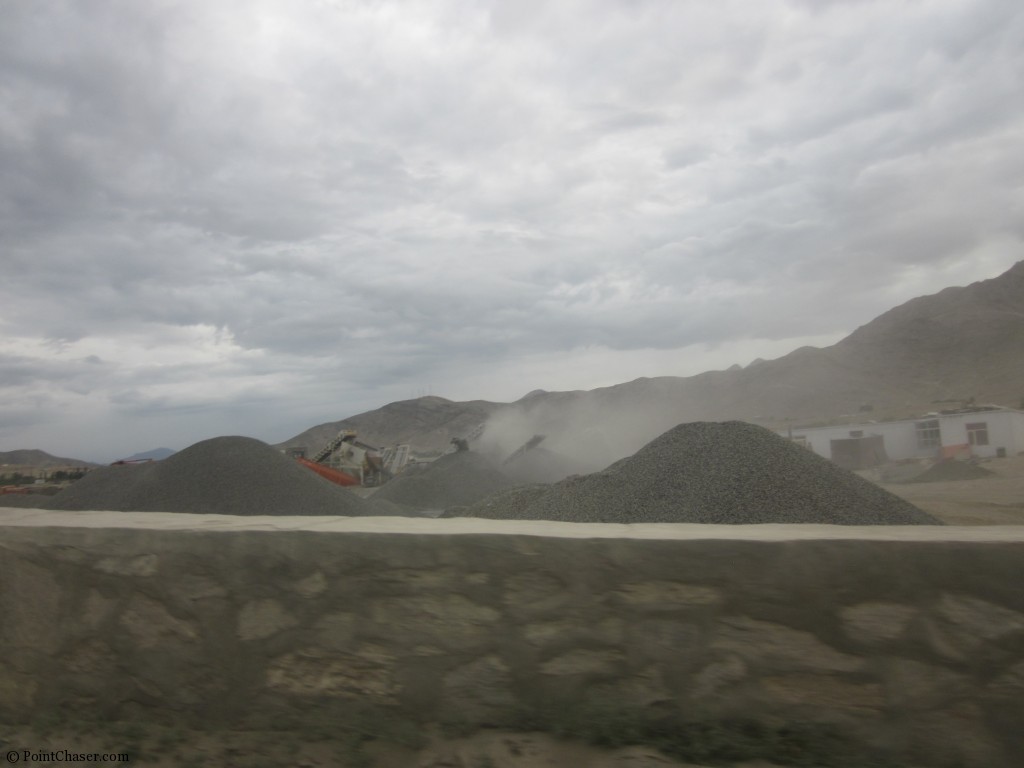
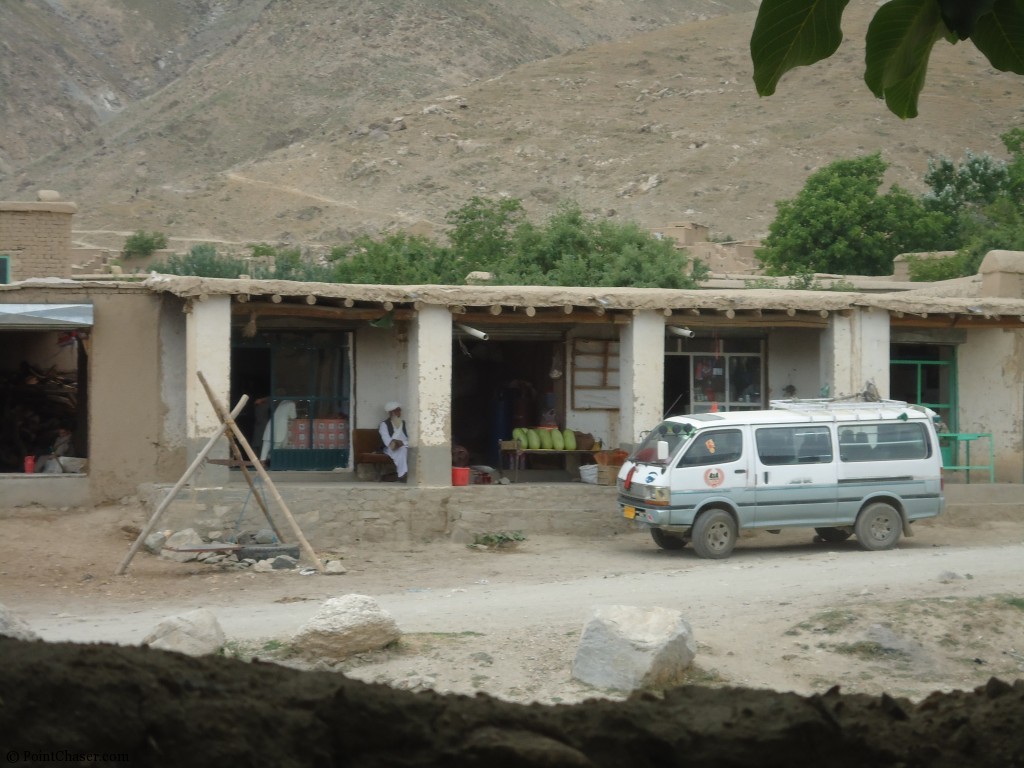
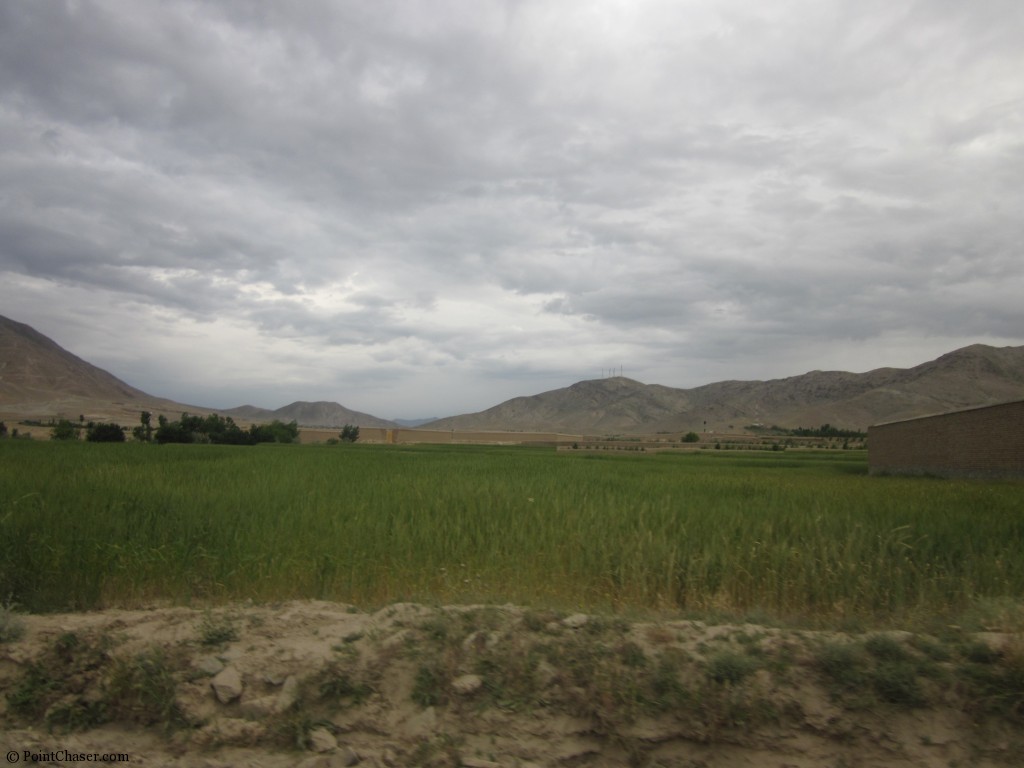
I read a lot(all of?) mile and points blogs. Most make it too easy to forget about the parts of the world we fly over or don’t visit. Your’s does not. Thank you for writing about your visits to this area of the world. It is quite convicting.
Thank you James. This was the most memorable part of the trip for me, and hopefully it demonstrates that value can be found outside of luxury hotels and first class cabins.
These might be the only trip reports that I’ve ever read and actually learned something that wasn’t entirely frivolous. These reports are so unlike everything else being doing the miles and points world that it’s not even comparable. Keep up the good work, and thanks for bringing the miles and points world back to the real world.
Thanks for the kind words, Matt. There is more to come!
Being a Muslim, really disappointed to see how some of us over time have strayed away from the basic pillars of Islam i.e. zakat. People forget their roots but really glad to see what your family is doing, keep it up.
Thank you for your kind words, Sayyid. I totally agree.
Thank you very much for this detailed account of Arghandeh – your photos are great! As a westerner currently working with an AID program in Kabul, it is currently impossible for me to visit the sites where our projects are located. This post has really helped me to understand a place I am indirectly involved with. Though I would love to visit our project sites in person instead of just reading about them, accounts like yours really help me to connect with this country. Thank you.
Thank you! Do you currently have a project in Arghandeh or Paghman? The village can really use all the help it can get. Eventually, when things are stable, I plan to go back there and devote my time to community service.
Great work! You Mia checkout the Beitish time painting of 1840 illustrated by Antixon which shows the village of Arghandewal where Dost Mohammad Khans cannons were placed during the first Anglo Afgha war.
I would love to see that painting! Where can I find it?